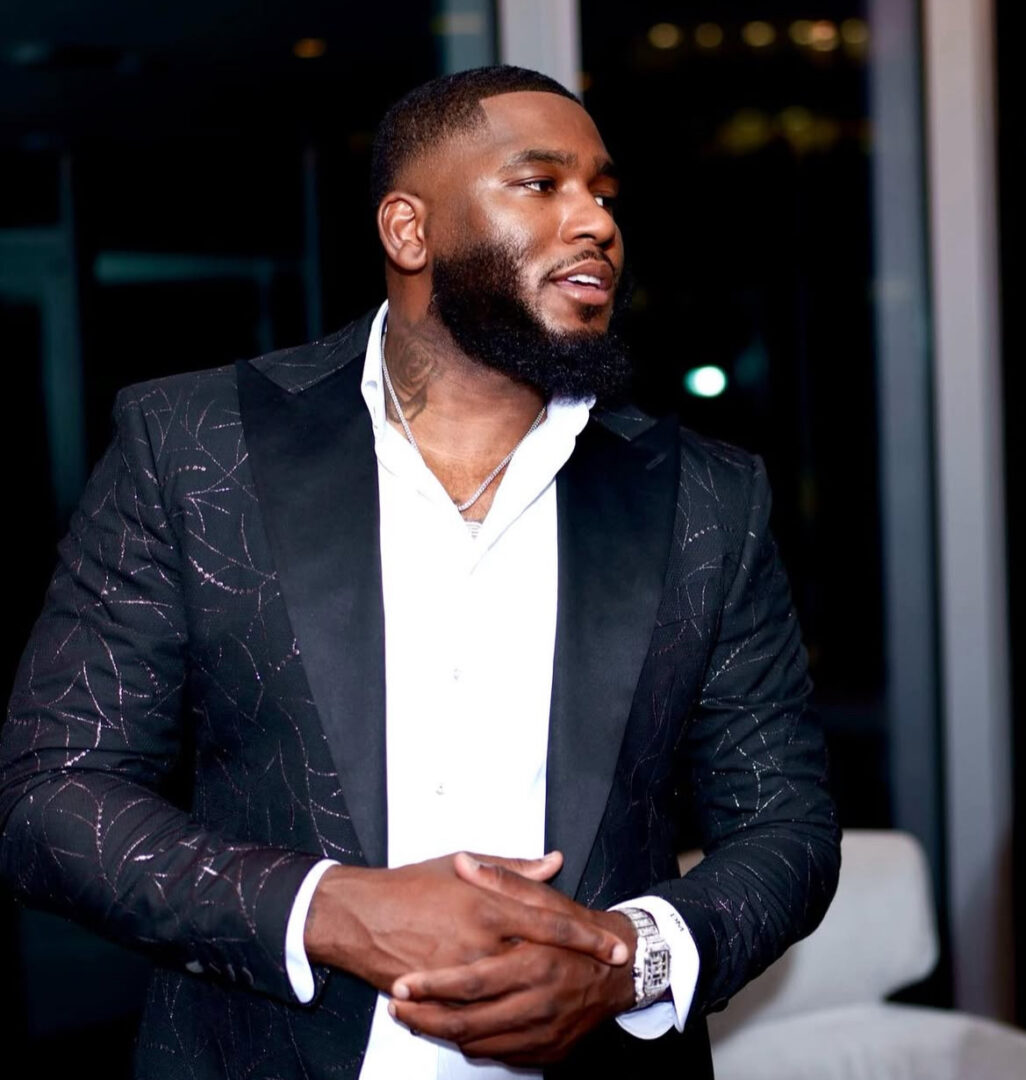We recently connected with Dawon Matthews and have shared our conversation below.
Hi Dawon , so excited to talk about all sorts of important topics with you today. The first one we want to jump into is about being the only one in the room – for some that’s being the only person of color or the only non-native English speaker or the only non-MBA, etc Can you talk to us about how you have managed to be successful even when you were the only one in the room that looked like you?
Growing up in poverty in Philidelphia, I didn’t have role models—I had cautionary tales. I didn’t see anyone I wanted to be like. I only saw people I didn’t want to end up like. So from an early age, I learned to move with intention, even when I felt isolated or overlooked.
Being the only one in the room that looks like me just meant I had to become the example I never had. I learned to lead through action, speak with clarity, and let my work command respect before I ever said a word. I didn’t wait for a seat at the table—I built the whole table, then created opportunities for others to eat.
Entrepreneurship became my way out and my way up. I turned hustle into infrastructure, and vision into strategy. I’ve learned how to flip adversity into advantage—and every room I walk into now, I bring ownership, leadership, and a blueprint.
What’s made me effective is that I never let discomfort turn into self-doubt. I let it fuel my discipline. I walk into every room knowing I’ve already beat the odds—and I stay focused on making sure I’m not the only one who ever gets through that door. I open it wider for the ones coming behind me.
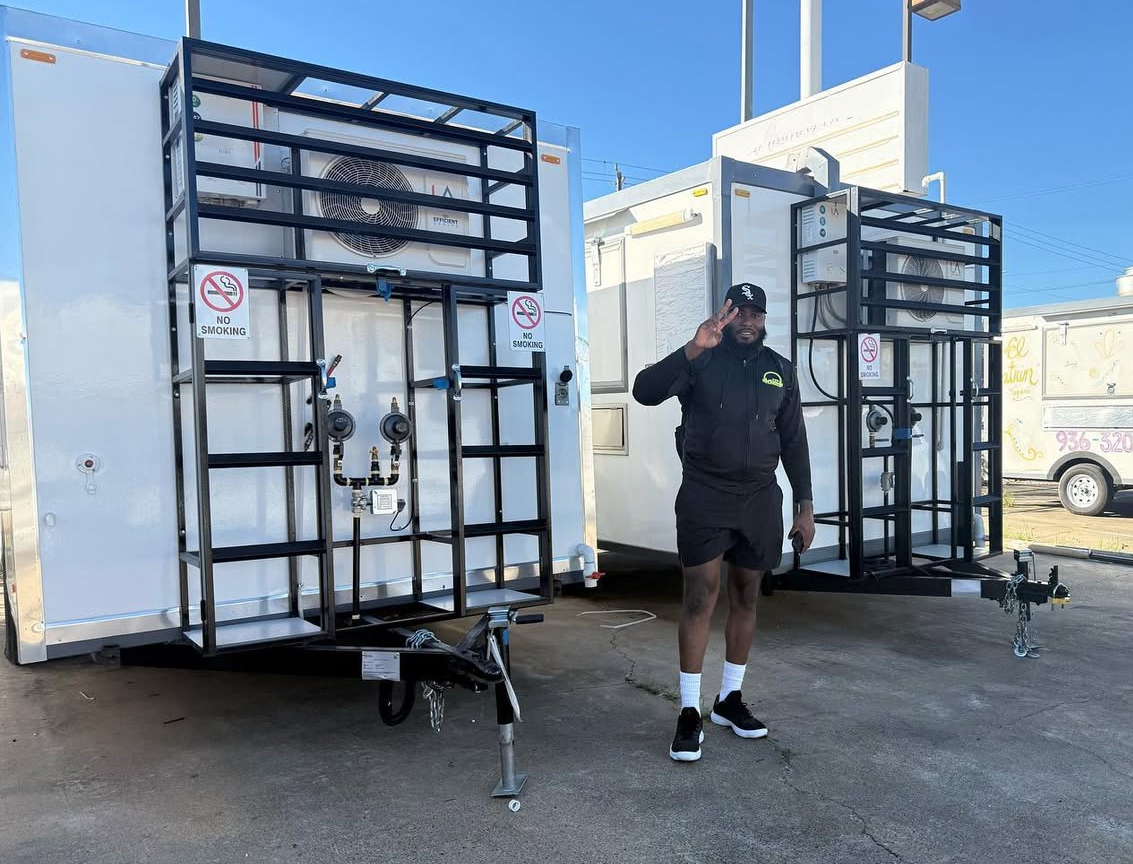
Appreciate the insights and wisdom. Before we dig deeper and ask you about the skills that matter and more, maybe you can tell our readers about yourself?
I am an entrepreneur, strategist, and builder of businesses that create both impact and income. I was raised in poverty with no blueprint and no safety net, but that only sharpened my instincts and fueled my drive. I didn’t grow up seeing success—I had to define it for myself.
Today, I operate a diverse portfolio of ventures across multiple industries, including food, logistics, real estate, and commercial services. I’m the founder of Goodies Soul Kitchen, a Houston-based food brand known for its late-night soul food, and Birds & Buns, a new high-energy food truck serving wings and hoagies at one of the city’s most popular nightlife spots.
Outside of food, I’ve built a thriving real estate portfolio in my hometown of Philadelphia, focused on buy-and-hold rental properties that create long-term generational wealth. I also run several service-based businesses including Wonderful Cleaning, a commercial and residential cleaning company; R&R Junk Removal, which provides fast, affordable junk hauling; and S&J Trucking, a logistics company serving regional freight and delivery needs.
What drives me is turning hustle into infrastructure. I don’t just start businesses—I build systems, grow teams, and teach others how to do the same. Through my consulting platform, Food Truck Hero’s, I help aspiring entrepreneurs go from concept to launch with real strategies and support.
Right now, my focus is on scaling: expanding Goodies into a brick-and-mortar location before 2026, growing my logistics and cleaning companies, and launching a mentorship platform for entrepreneurs ready to own their future.
At the end of the day, my mission is bigger than profit—it’s about creating access, building legacy, and making sure the next generation sees ownership as the standard, not the exception.
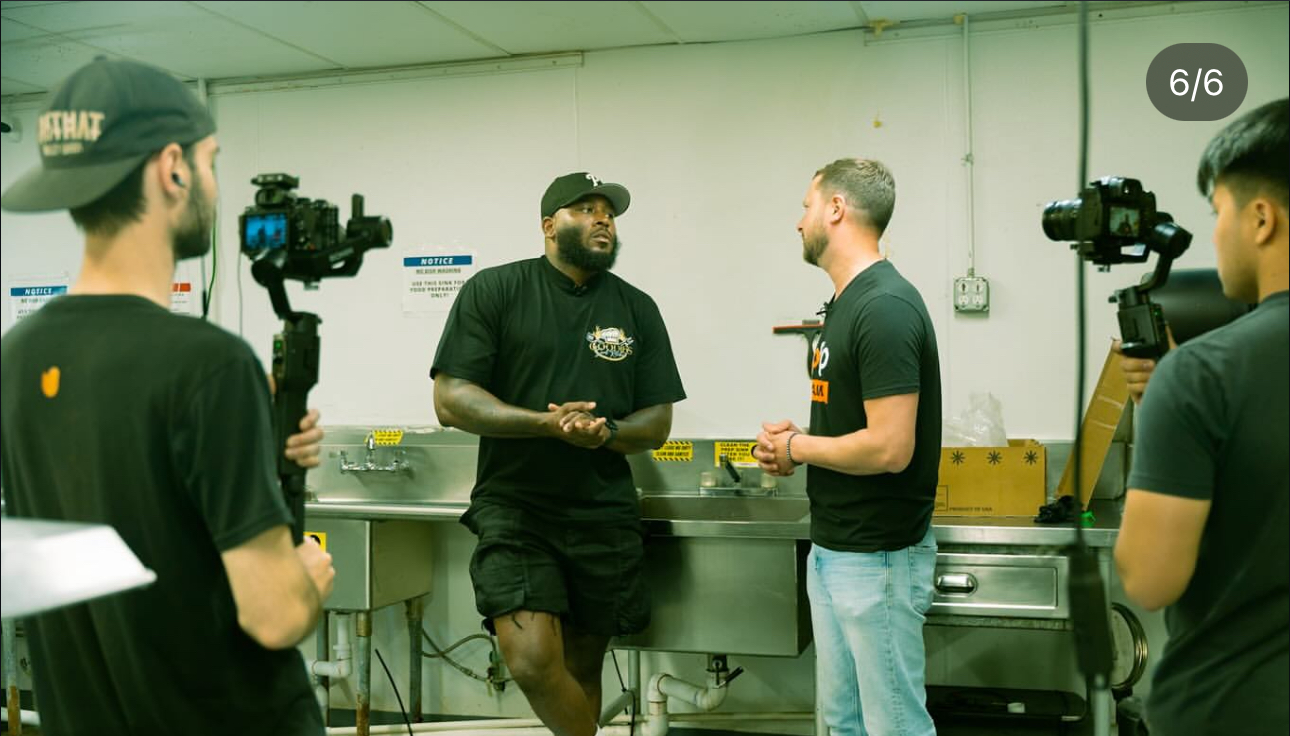
There is so much advice out there about all the different skills and qualities folks need to develop in order to succeed in today’s highly competitive environment and often it can feel overwhelming. So, if we had to break it down to just the three that matter most, which three skills or qualities would you focus on?
Looking back, the three most impactful qualities in my journey have been: vision, discipline, and resourcefulness.
Vision gave me direction when I had nothing else. I didn’t have a roadmap or mentors in the beginning—I just had a picture in my mind of the life I didn’t want, and that was enough to start. Over time, I learned how to turn that into a strategy. For anyone starting out, protect your vision. Write it down, revisit it often, and make decisions that align with where you’re going—not just where you are.
Discipline kept me going when motivation ran out. There were plenty of moments where it would’ve been easier to quit or settle, but I kept showing up. Whether it was managing cash flow, keeping clients happy, or solving problems on the fly—I stayed consistent. If you’re early in your journey, start building discipline through small habits: wake up early, set weekly goals, and hold yourself accountable even when no one’s watching.
Resourcefulness was a survival skill that became a business skill. I didn’t have investors, fancy equipment, or a team in the beginning—I had to make a lot out of a little. That mindset helped me stay lean, solve problems creatively, and find opportunities others missed. My advice? Don’t focus on what you lack. Focus on what you can do with what you have right now. The ability to figure things out will take you further than money ever will.
At the end of the day, success isn’t about having it all figured out—it’s about being relentless enough to figure it out as you go.
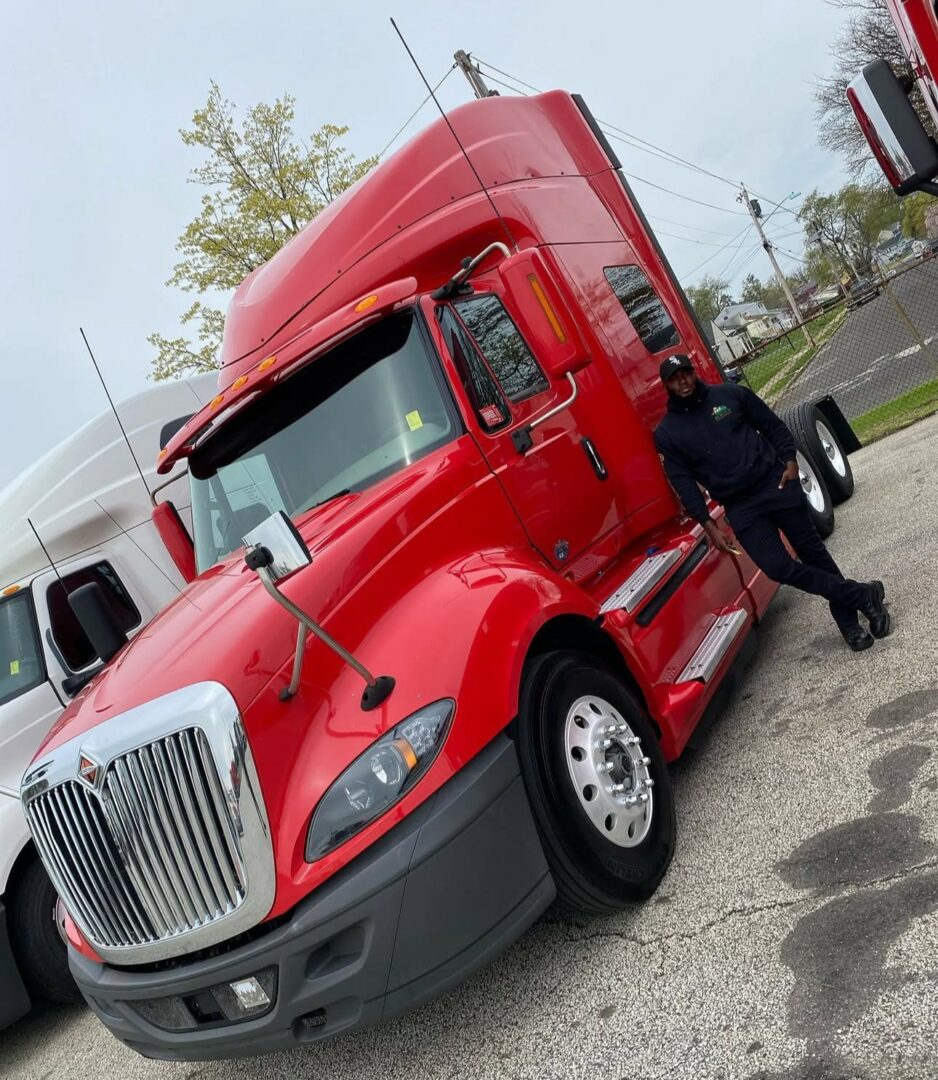
Awesome, really appreciate you opening up with us today and before we close maybe you can share a book recommendation with us. Has there been a book that’s been impactful in your growth and development?
One book that played a major role in my development is Rich Dad Poor Dad by Robert Kiyosaki. I read it at a time when I was hustling hard but didn’t fully understand the mindset behind building wealth. That book shifted the way I thought about money, ownership, and freedom.
One of the biggest takeaways for me was the difference between working for money and having money work for you. Growing up, I was taught to get a job, save, and survive. Rich Dad Poor Dad taught me to think about building assets—things that generate income even when you’re not working. That idea became a foundation for everything I’ve built, from real estate to food trucks to logistics. I stopped chasing checks and started building systems.
Another lesson that stuck with me was the power of financial education. The “rich dad” in the book wasn’t rich because of luck—he was rich because he understood how money works. That pushed me to study taxes, investing, business structure—things most people ignore until it’s too late. I stopped being afraid of what I didn’t know and made it my business to learn.
Lastly, the book emphasized mindset over money. Even with little to no resources, your mindset is your greatest asset. That gave me the confidence to bet on myself early and often. I didn’t have the most money, but I had the vision and the willingness to grow—and that’s what turned me into an owner.
Rich Dad Poor Dad didn’t just inspire me—it gave me permission to think differently, and that shift in perspective changed my entire life.
Contact Info:
- Website: https://www.dawonmatthews.com
- Instagram: @_The_Elite_Entrepreneur
- Linkedin: Dawon Matthews
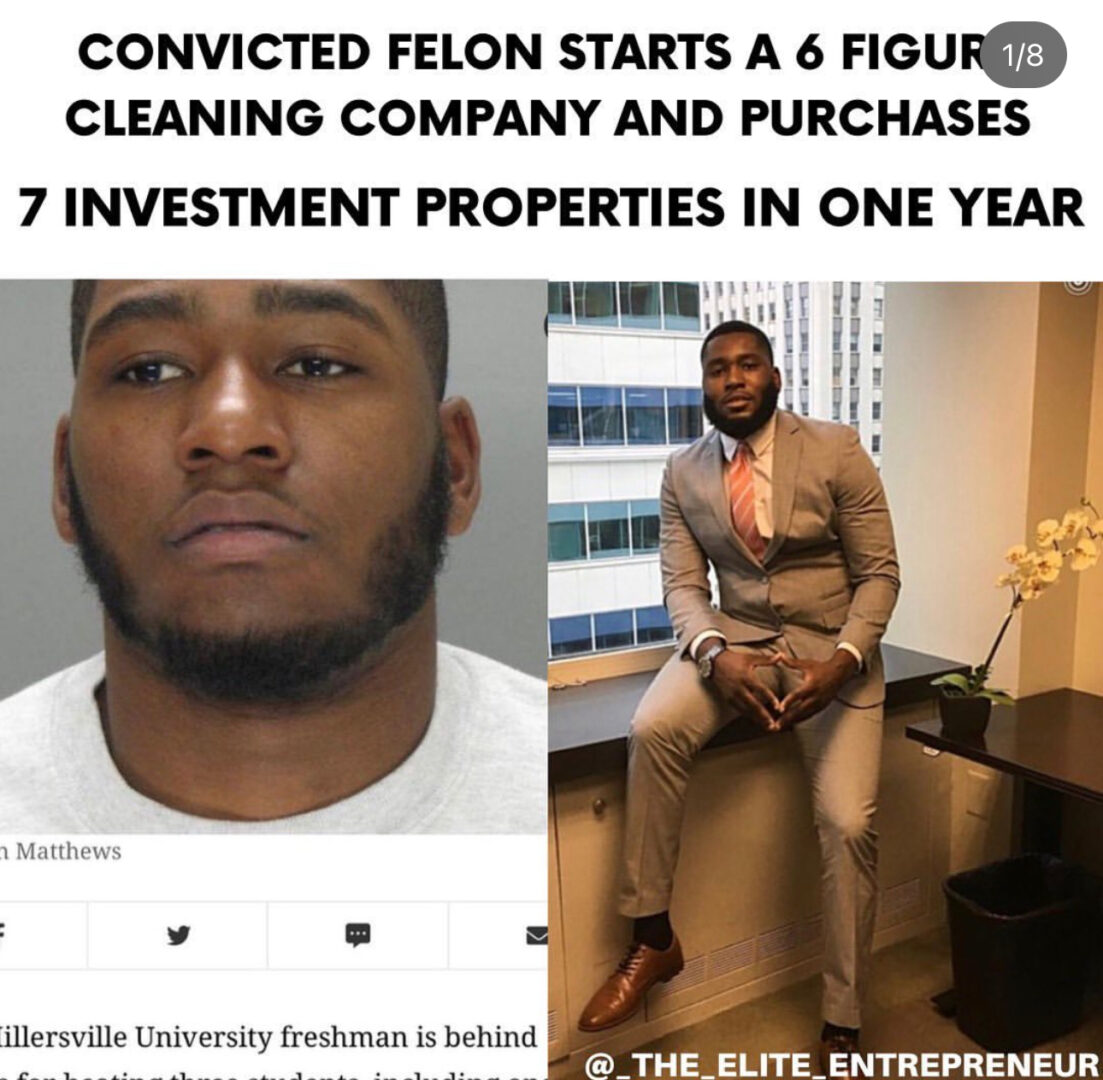
so if you or someone you know deserves recognition please let us know here.

